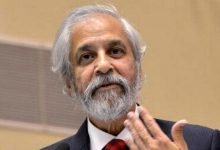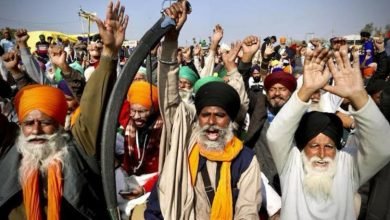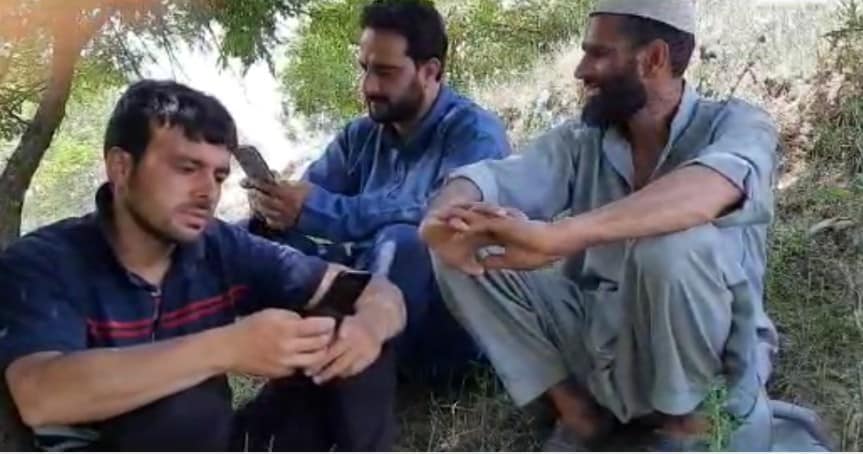From “Free” to “Partly Free” – The Story of Decline in Democracy in the World’s Largest Democracy
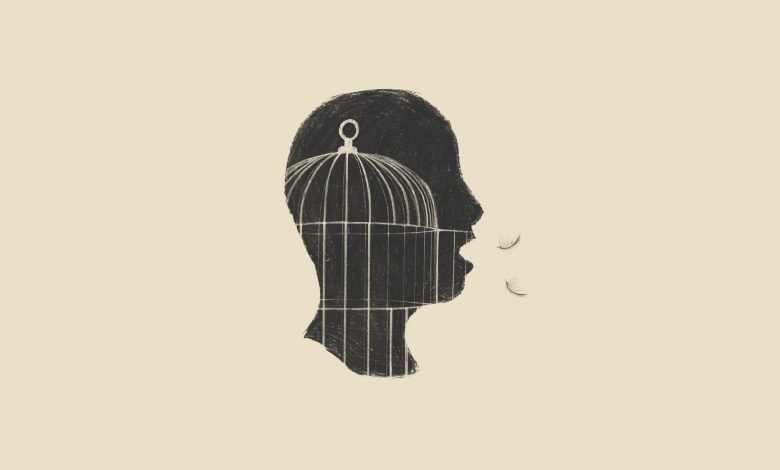
In the last decade, at least 154 journalists were either arrested, detained, interrogated or served show-cause notices for their professional work.
India is the world’s largest democracy, in terms of its population and the number of people who participate in the elections as voters. Indian elections are the largest and grandest in the world with a huge number of candidates (8040 in 2019 according to ECI) and an even bigger number of voters (90 crores in 2019 according to ECI).
Though the number of candidates between the 2014 Lok Sabha Elections and the 2019 Lok Sabha Elections saw a slight decline but the number of voters grew by a whopping figure of 8.4 crores. All these things no doubt make India the largest democracy in terms of numbers but is that all Democracy is about?
Democracy, in a true sense, should mean that it’s the 4 pillars, that is the Legislature, the Executive, the Judiciary and the Media, work with the welfare of people at their heart. However, one cannot deny that the world in general and India, in particular, has seen a steep decline in this process across all four pillars. While the Legislature has been passing controversial laws like Love Jihad, CAA – NRC and OTT Censorship Ethical Code, the Police have been guilty of using excessive force and cooking up facts on more than one occasion with serious levels of casteism and Islamophobia also against it.
At the same time, the Chief Justice of India has been allegedly asking Rape perpetrators to marry the victims along with his constant refusal to recognize non-consensual sex between Husband and Wife as Marital Rape. Media on the other hand has been consistently engaging in victim-blaming, jingoism, media trials and taking sides in political controversy. Recently, the head of a leading news channel was found to be celebrating a terrorist attack and guilty of manipulating TV ratings by bribing an official.
The ‘Freedom House’ Report
Freedom House, an American organization devoted to the support and defense of democracy around the world and the fight against fascism in its recent annual report reported that:
“India, the world’s most populous democracy, dropped from Free to Partly Free status in Freedom in the World 2021. The government of Prime Minister Narendra Modi and its state-level allies continued to crack down on critics during the year, and their response to COVID-19 included a ham-fisted lockdown that resulted in the dangerous and unplanned displacement of millions of internal migrant workers. The ruling Hindu nationalist movement also encouraged the scapegoating of Muslims, who were disproportionately blamed for the spread of the virus and faced attacks by vigilante mobs. Rather than serving as a champion of democratic practice and a counterweight to authoritarian influence from countries such as China, Modi and his party are tragically driving India itself toward authoritarianism.”
The report concludes at an alarming note for democracy with the words:
“Although Freedom in the World’s better-performing countries had been in retreat for several years, in 2020 it was struggling democracies and authoritarian states that accounted for more of the global decline. The proportion of Not Free countries is now the highest it has been in the past 15 years. On average, the scores of these countries have declined by about 15 per cent during the same period. At the same time, the number of countries worldwide earning a net score improvement for 2020 was the lowest since 2005, suggesting that the prospects for a change in the global downward trend are more challenging than ever. With India’s decline to Partly Free, less than 20 percent of the world’s population now lives in a Free country, the smallest proportion since 1995. As repression intensifies in already unfree environments, greater damage is done to their institutions and societies, making it increasingly difficult to fulfill public demands for freedom and prosperity under any future government.
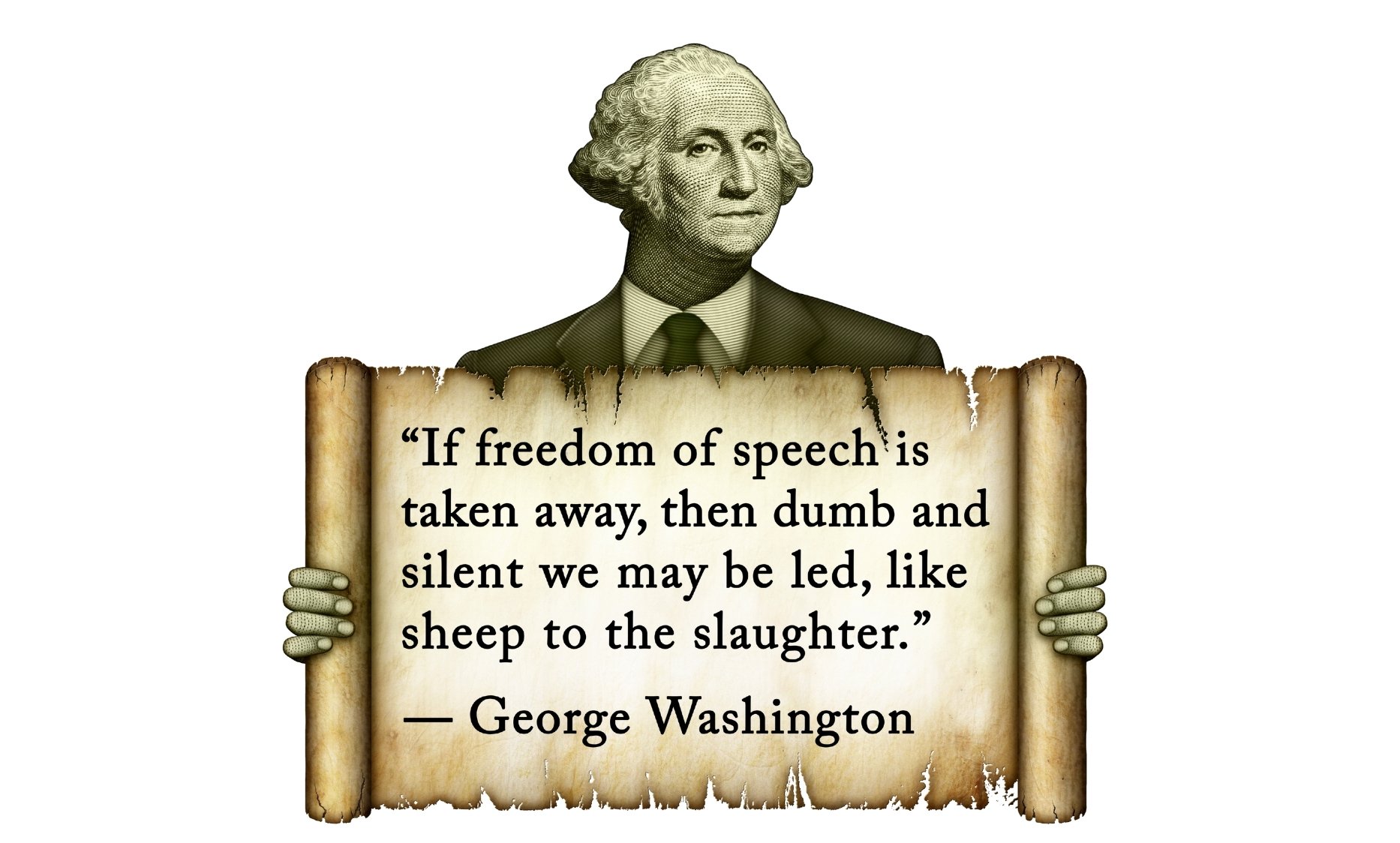
The enemies of freedom have pushed the false narrative that democracy is in decline because it is incapable of addressing people’s needs. In fact, democracy is in decline because its most prominent exemplars are not doing enough to protect it. Global leadership and solidarity from democratic states are urgently needed. Governments that understand the value of democracy, including the new administration in Washington, have a responsibility to band together to deliver on its benefits, counter its adversaries, and support its defenders. They must also put their own houses in order to shore up their credibility and fortify their institutions against politicians and other actors who are willing to trample democratic principles in the pursuit of power. If free societies fail to take these basic steps, the world will become ever more hostile to the values they hold dear, and no country will be safe from the destructive effects of dictatorship”.
India had been rated as “free” in Freedom House’s reports for 2018, 2019 and 2020, though its scores on a scale of 100 had declined during this period from 77 to 71. In the latest report, India has a score of 67 out of 100. “With India’s decline to Partly Free,” the report said, “less than 20 percent of the world’s population now lives in a Free country, the smallest proportion since 1995.”
Political Reaction to the Report
In a statement issued on Friday, the Indian Ministry of Information and Broadcasting, focused on seven points, responding to some concerns flagged by the democracy report that range from internet shutdowns and use of sedition law to what the report had referred to as discriminatory policies against Muslims in India and North East Delhi.
1.Discrimination against Muslims
The government said the Centre treats all citizens as equal as ‘enshrined’ under the Indian Constitution and all laws are applicable without any discrimination. Due process of law is followed in issues relating to law and order- irrespective of the alleged instigator’s identity. It also defended the handling of the Delhi riots that broke out last year over the controversial citizenship law, asserting that the law enforcement machinery acted quickly and in an impartial and fair manner. Appropriate actions were taken to control the situation.
2. Use of sedition law
The information and broadcasting ministry statement suggested that the decision to invoke the sedition law in specific cases was taken by the state government concerned as part of its mandate to maintain law and order. ‘Public Order’ and ‘Police’ are state subjects under the federal structure of governance. The state governments are primarily responsible for maintaining law and order in their respective areas which include investigation, registration and prosecution of crimes, protection of life and property. Hence, measures ‘deemed as fit’ are taken by law enforcement authorities in order to preserve public order, it added.

3. Covid-19 lockdown ordered by Centre
The Centre also countered the NGO’s criticism for what it had described as “a ham-fisted lockdown that resulted in the dangerous and unplanned displacement of millions of internal migrant workers”. Friday’s statement released by the government highlighted that a majority of states had already ordered full or partial lockdown between March 16 to March 23 last year on the basis of their assessment of the Covid-19 pandemic in their respective areas.
The statement said that the nationwide lockdown was ordered since any mass movement of people would have led to a rapid spread of the disease across the country. The Centre, it said, was ‘fully conscious’ that no one should face undue stress during the lockdown period, and it took several measures including allowing states to use disaster response funds to provide healthcare, food, shelter to the homeless and migrants; letting migrants work outside containment zones and announced an Rs. 1.7 lakh crore.

